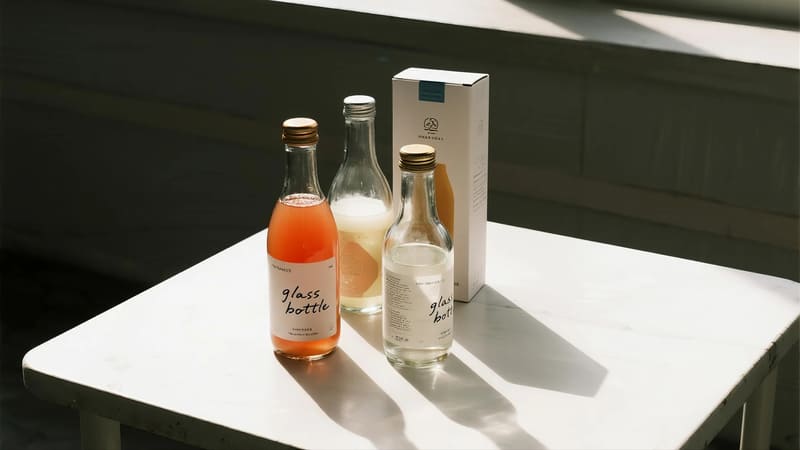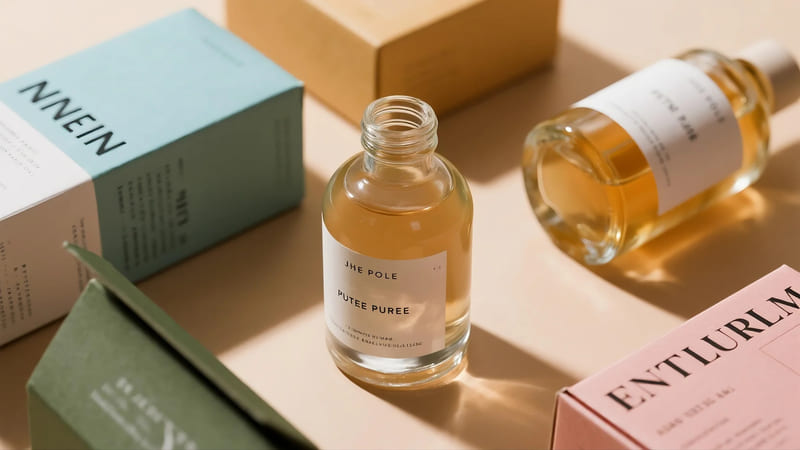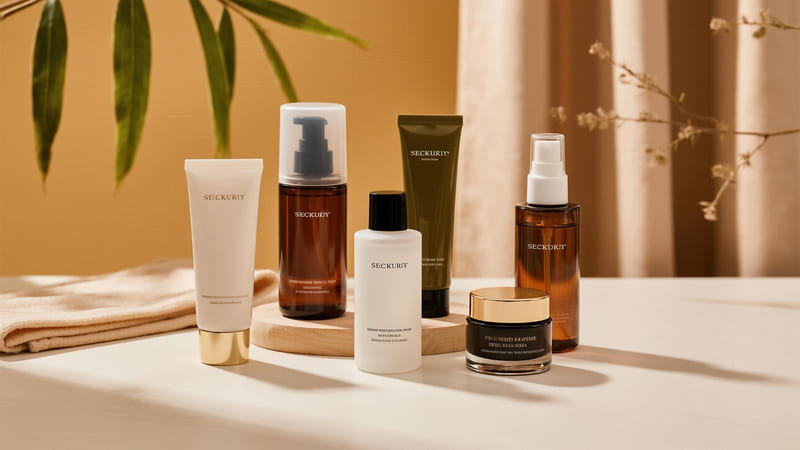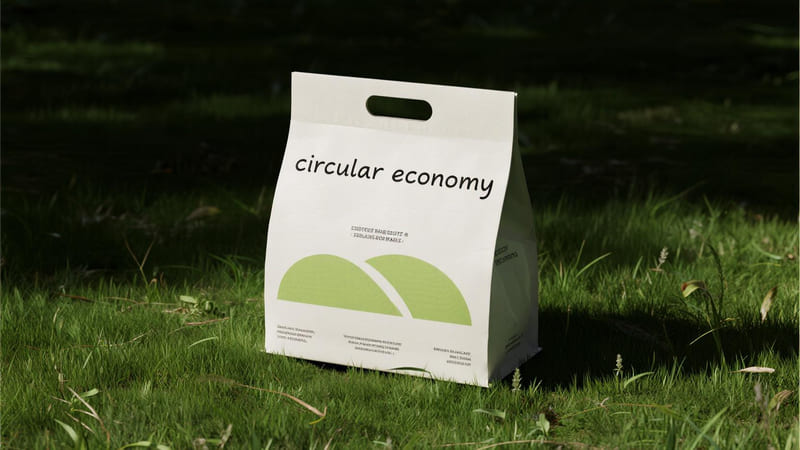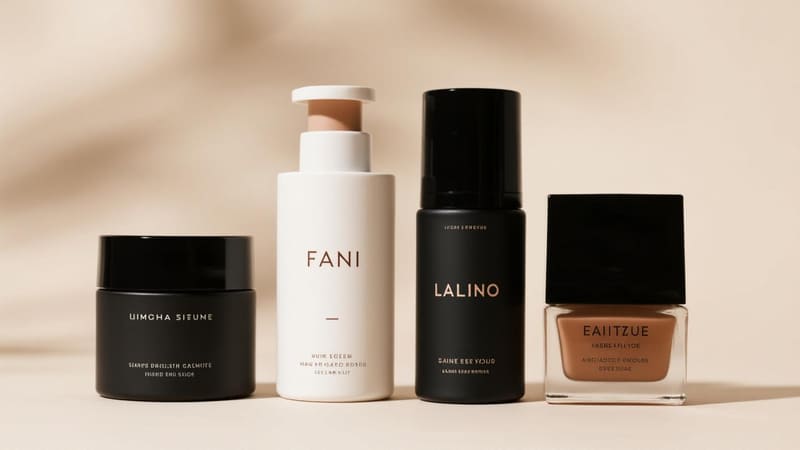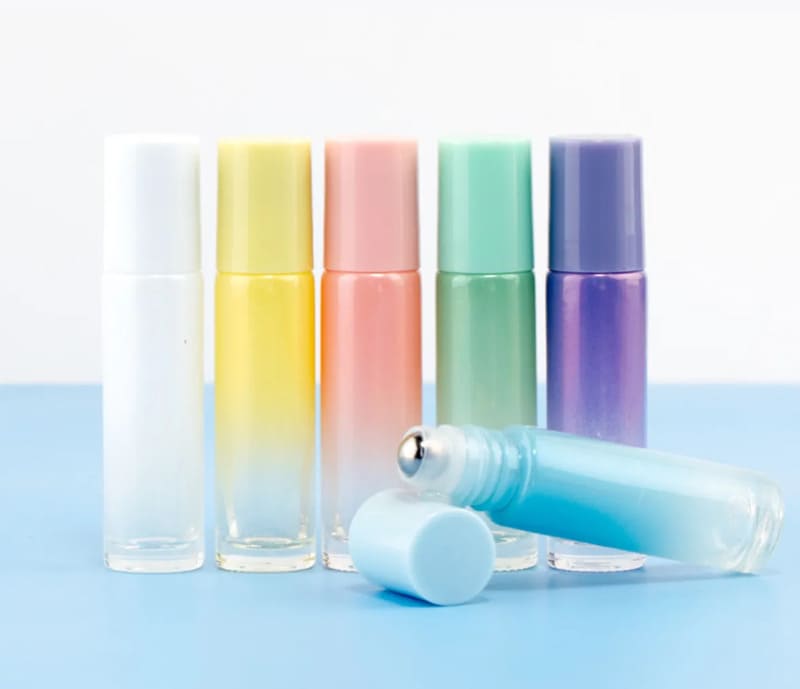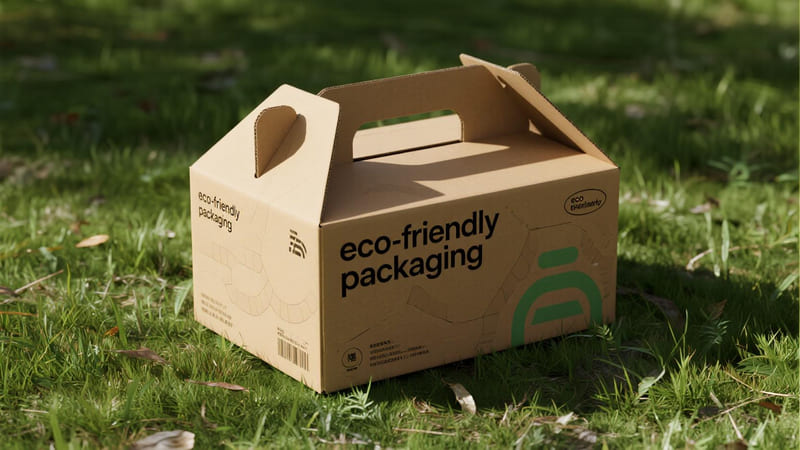Glass bottles have been a trusted packaging choice for centuries, and for good reason. In an age dominated by plastic, glass continues to hold its own, especially for premium products, due to a unique set of advantages related to purity, preservation, sustainability, and aesthetics.
The main advantages of glass bottles are their chemical inertness (preserving product purity and taste), excellent barrier properties (protecting contents from oxygen and moisture), premium look and feel, and high recyclability (can be recycled endlessly without loss of quality). They are also non-porous and easy to sterilize.
As a global packaging manufacturer with ShineTop, we produce a vast number of glass bottles for the cosmetic and fragrance industries. Our clients choose glass when they want to convey quality and ensure the absolute integrity of their formulations. Let’s explore these advantages in detail.
What are the advantages and disadvantages of glass bottles?
While glass offers many significant benefits, it’s important to consider its drawbacks as well to get a complete picture. No packaging material is perfect for every application.
The primary advantages of glass bottles are their inertness (preserving taste/purity), impermeability (excellent barrier), premium image, and high recyclability. The main disadvantages are their weight (higher transport costs/emissions), fragility (risk of breakage), and higher energy consumption during initial production compared to some plastics.
A balanced view helps in making the right packaging choice.
Advantages of Glass Bottles:
- Purity & Chemical Inertness:
- Glass is virtually non-reactive and will not leach any chemicals into the contents. This ensures the original taste, aroma, and chemical composition of the product (beverage, food, cosmetic, pharmaceutical) remains unchanged.
- Excellent Barrier Properties (Impermeability):
- Glass provides a near-perfect barrier to oxygen, moisture, and other gases. This protects the contents from oxidation and spoilage, extending shelf life.
- Premium Look & Feel:
- Glass has a significant weight, clarity, and tactile quality that consumers associate with high quality, luxury, and trustworthiness.
- High Recyclability (Circular Economy):
- Glass is 100% recyclable and can be recycled endlessly without any loss of quality or purity. A recycled glass bottle can become a new glass bottle.
- Transparency & Aesthetics:
- The clarity of glass allows consumers to see the product, which can be appealing. It can also be molded into intricate shapes and colored for branding or UV protection.
- Temperature Resistance & Sterilizability:
- Glass can withstand high temperatures, making it suitable for processes like pasteurization, hot-filling, and sterilization (autoclaving).
Disadvantages of Glass Bottles:
- Fragility:
- Glass is brittle and can break if dropped or subjected to impact, leading to product loss and potential safety hazards.
- Weight:
- Glass is significantly heavier than plastic or aluminum for the same volume. This increases transportation costs and the carbon footprint associated with shipping.
- Higher Energy Consumption in Production:
- Manufacturing virgin glass requires high temperatures and is an energy-intensive process compared to producing some plastics. (Note: Using recycled glass, or "cullet," significantly reduces this energy requirement).
- Cost:
- Glass bottles can be more expensive to produce and transport than many plastic alternatives.
- Potential for Thermal Shock:
- Rapid, extreme changes in temperature can cause some types of glass to crack. (Borosilicate glass is more resistant to this).
What are the advantages of glass water bottles?
For personal hydration, reusable glass water bottles have become a popular and stylish alternative to single-use plastic and even some other reusable options.
The main advantages of glass water bottles are that they provide the purest taste (no leaching of flavors or chemicals), are easy to clean and sterilize, do not stain or retain odors, are aesthetically pleasing, and are made from a highly recyclable material. They offer a clean, non-toxic, and stylish way to stay hydrated.
Choosing a reusable glass bottle is a choice for both health and environmental reasons.
Key Benefits for Water Drinkers:
- Purity of Taste: Water from a glass bottle tastes like water, with no residual plastic or metallic taste that can sometimes be associated with other bottle types.
- Health & Safety (No Leaching): Glass is non-toxic and free from chemicals like BPA, phthalates, or other potential endocrine disruptors that can be a concern with some plastics.
- Easy to Clean & Hygienic: The non-porous surface of glass doesn’t harbor bacteria or odors as easily as some plastics. It can be safely washed in a dishwasher at high temperatures.
- Visual Clarity: You can easily see if your bottle is clean and what’s inside it.
- Aesthetic Appeal: Glass bottles often have a sleek, minimalist, and elegant design.
- Sustainability: By using a reusable glass bottle, you are significantly reducing your consumption of single-use plastic bottles, a major source of pollution. At the end of its long life, the glass is fully recyclable.
- Versatility: You can safely put other beverages like juice, iced tea, or even hot tea (if it’s borosilicate glass) in the bottle without worrying about flavor retention or chemical reactions.
The main drawback is fragility, which is why many reusable glass water bottles come with a protective and stylish silicone sleeve for added grip and durability.
Why is a glass bottle better?
The question of why a glass bottle is "better" depends on the criteria you prioritize. In many key areas related to product integrity, health, and premium perception, glass holds a distinct edge over its most common alternative, plastic.
A glass bottle is often considered "better" because it excels in preserving the purity and quality of its contents due to its chemical inertness and impermeability. It offers a superior sensory and aesthetic experience, is perceived as more trustworthy and luxurious by consumers, and has a more established and efficient closed-loop recycling system compared to most plastics.
"Better" is a result of glass’s fundamental material properties.
Glass is "Better" in These Key Areas:
- For Product Purity: Glass is non-reactive. It’s the gold standard for ensuring that what’s inside the bottle is exactly what the producer intended, with no added taste, odor, or leached chemicals. This is critical for beverages, perfumes, sensitive skincare, and pharmaceuticals.
- For Preservation: As an excellent barrier to gases and moisture, glass is better at protecting contents from oxidation and spoilage, leading to a longer and more stable shelf life for many products.
- For Premium Branding: Glass is heavier, clearer, and feels more substantial, making it better for creating a luxury brand image. My client Mohammed from Iraq chooses glass with custom metal caps for his high-end fragrance sets precisely for this reason.
- For Environmental Circularity: Glass is better in terms of its recycling lifecycle. It can be melted down and reformed into new glass of the same quality an infinite number of times. Plastic recycling often results in "downcycling" to lower-grade products.
- For Consumer Health Confidence: Due to concerns about chemicals like BPA in some plastics, many consumers view glass as the inherently safer and healthier choice, especially for food and beverages.
When is Plastic "Better"?
It’s fair to acknowledge that plastic is "better" in situations where light weight, shatter resistance, and lower cost are the absolute top priorities, such as for large-volume, budget-friendly products or items used in environments where breakage is a major safety risk (e.g., shampoo in the shower).
However, for quality, purity, and a premium experience, glass often holds the title of the "better" option.
What are the advantages of using glass?
The advantages of using glass as a material extend across many applications, from packaging and architecture to cookware and scientific equipment. Its core properties make it uniquely valuable.
The primary advantages of using glass are its transparency, chemical inertness, impermeability to gases and liquids, high-temperature resistance, hardness and scratch resistance, aesthetic versatility, and its status as a highly sustainable and infinitely recyclable material. It is also non-porous and hygienic.
Glass is a remarkable material with a unique combination of beneficial properties.
Key Advantages of Glass as a Material:
- Transparency: Allows light to pass through, enabling us to see through it (windows) or see the contents of a container. This can be modified by coloring or coating.
- Chemical Stability (Inertness): Glass is highly resistant to reacting with most chemicals, making it ideal for storing food, beverages, medicines, and sensitive cosmetic formulas without altering them.
- Impermeability: It provides a perfect seal against liquids and gases, which is why it’s used for everything from vacuum-sealed food jars to laboratory equipment.
- Hardness & Scratch Resistance: Glass is a hard material that resists scratching and abrasion better than most plastics, helping it maintain its clarity and appearance over time.
- High-Temperature Resistance: It can withstand high temperatures without melting or deforming, making it suitable for cookware (Pyrex), light bulbs, and sterilization processes.
- Aesthetic Versatility: Glass can be molded, blown, pressed, and cut into an endless variety of shapes and designs. It can be made in different colors, frosted, etched, or decorated. This is a key reason it’s so popular for cosmetic and perfume packaging, a specialty of ShineTop.
- Sustainability: Made from abundant natural resources and being 100% infinitely recyclable, glass is a cornerstone of a circular economy.
- Hygienic: Its non-porous surface is easy to clean and sterilize and does not harbor germs or residual odors.
These fundamental advantages are why glass has been a trusted and valued material for thousands of years and continues to be a preferred choice for countless modern applications where quality, purity, and durability are essential.
Conclusion
The advantages of glass bottles are clear and compelling. Their chemical inertness and impermeability make them superior for preserving the purity, taste, and efficacy of their contents, which is why they are trusted for everything from fine wine and perfumes to medicines and premium skincare. Coupled with their luxurious aesthetic and excellent sustainability profile as an infinitely recyclable material, glass bottles offer a powerful combination of quality, safety, and environmental responsibility that continues to make them a preferred packaging choice for discerning brands and consumers alike.

